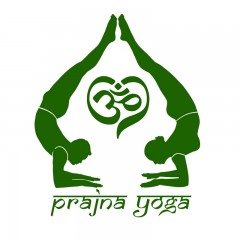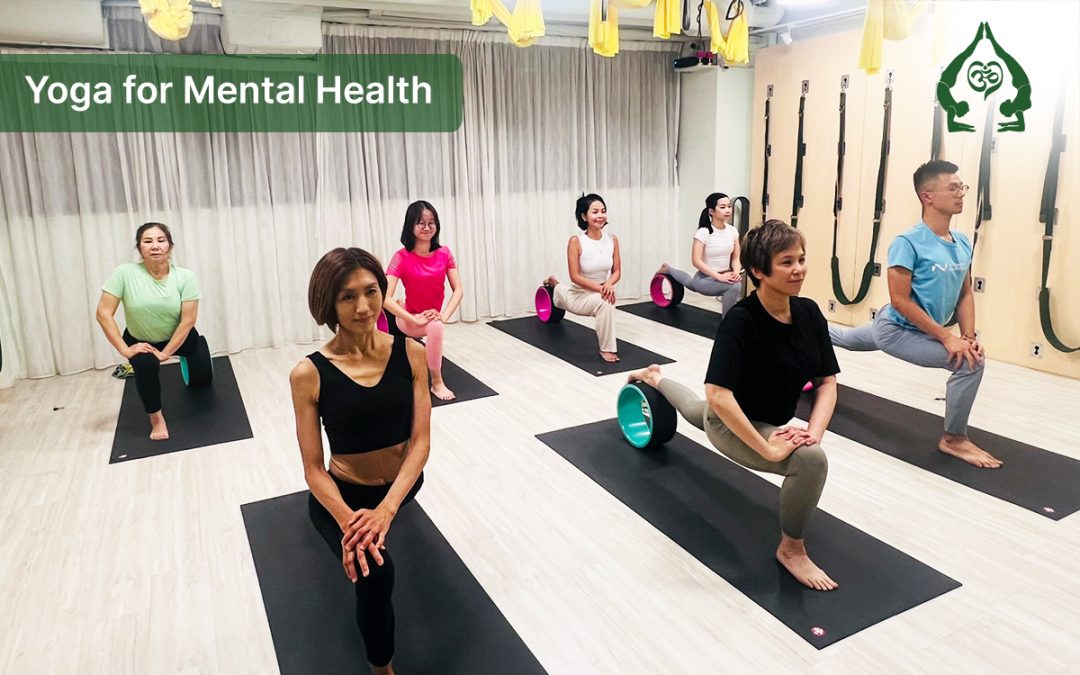For thousands of years, people have employed the ancient practice of yoga to enhance their physical, mental, and emotional well-being. While most people associate yoga with physical exercise, it is much more than that. In fact, yoga is a complete system of self-care that includes physical postures, breathwork, meditation, and other techniques that can help you cultivate a deeper sense of inner peace and balance.
One of the most powerful benefits of yoga is its ability to promote mental health. Research has shown that yoga can help reduce symptoms of anxiety and depression, two of the most common mental health conditions in the world. Yoga can also help improve mood, increase energy levels, and reduce stress and tension in the body.
If you’re struggling with anxiety or depression, incorporating yoga into your self-care routine can be an effective way to find relief. Here are some of the ways that yoga can help improve mental health:
Reducing Stress:
One of the main benefits of yoga is its ability to reduce stress and tension in the body. By practicing yoga regularly, you can learn to manage stress more effectively, which can help reduce symptoms of anxiety and depression.
Improving Mood:
Yoga can help boost your mood by increasing the production of feel-good hormones like serotonin and dopamine. This can help reduce feelings of anxiety and depression and promote a sense of well-being and positivity.
Enhancing Self-Awareness:
Yoga can help you become more aware of your thoughts, emotions, and physical sensations. By developing greater self-awareness, you can learn to identify the root causes of your anxiety and depression and take steps to address them.
Developing Mindfulness:
Mindfulness is the skill of completely attending to the present without passing judgment. Yoga can help you cultivate mindfulness by focusing your attention on your breath and body. By practicing mindfulness regularly, you can learn to manage negative thoughts and emotions more effectively.
Promoting Relaxation:
Yoga poses like Child’s Pose, Corpse Pose, and Legs-Up-The-Wall can help promote relaxation and reduce feelings of stress and tension. These poses are particularly useful for people struggling with anxiety and depression.
If you’re new to yoga, it’s important to find a qualified teacher who can guide you through the practice safely and effectively. You can also explore different types of yoga, such as Hatha, Restorative, and Yin yoga, to find the style that works best for you.
Incorporating yoga into your self-care routine can be an effective way to cope with anxiety and depression. By practicing yoga regularly, you can learn to manage stress more effectively, improve your mood, and cultivate a deeper sense of inner peace and balance.

